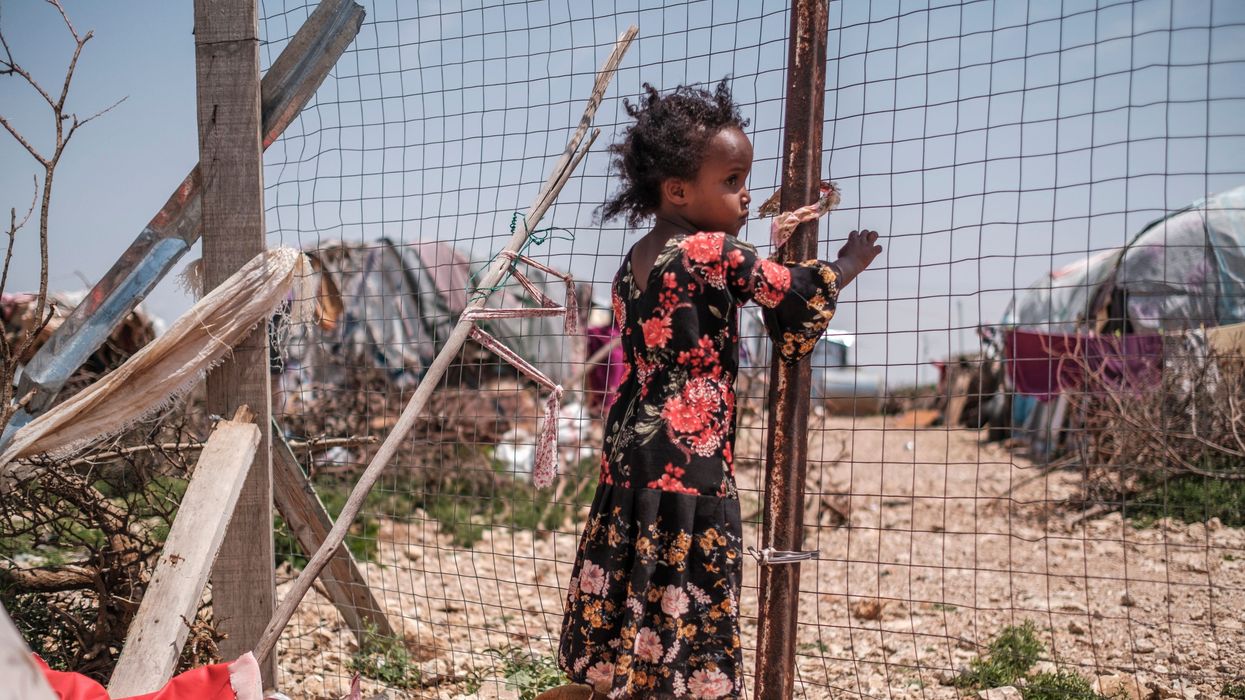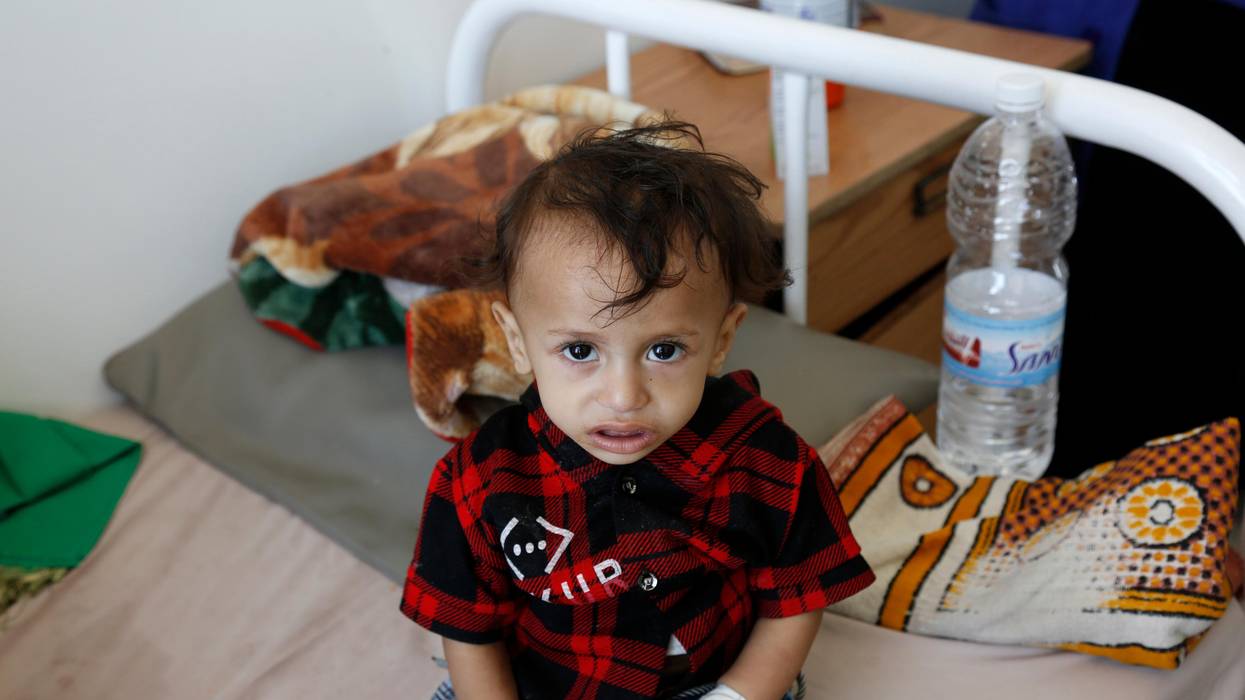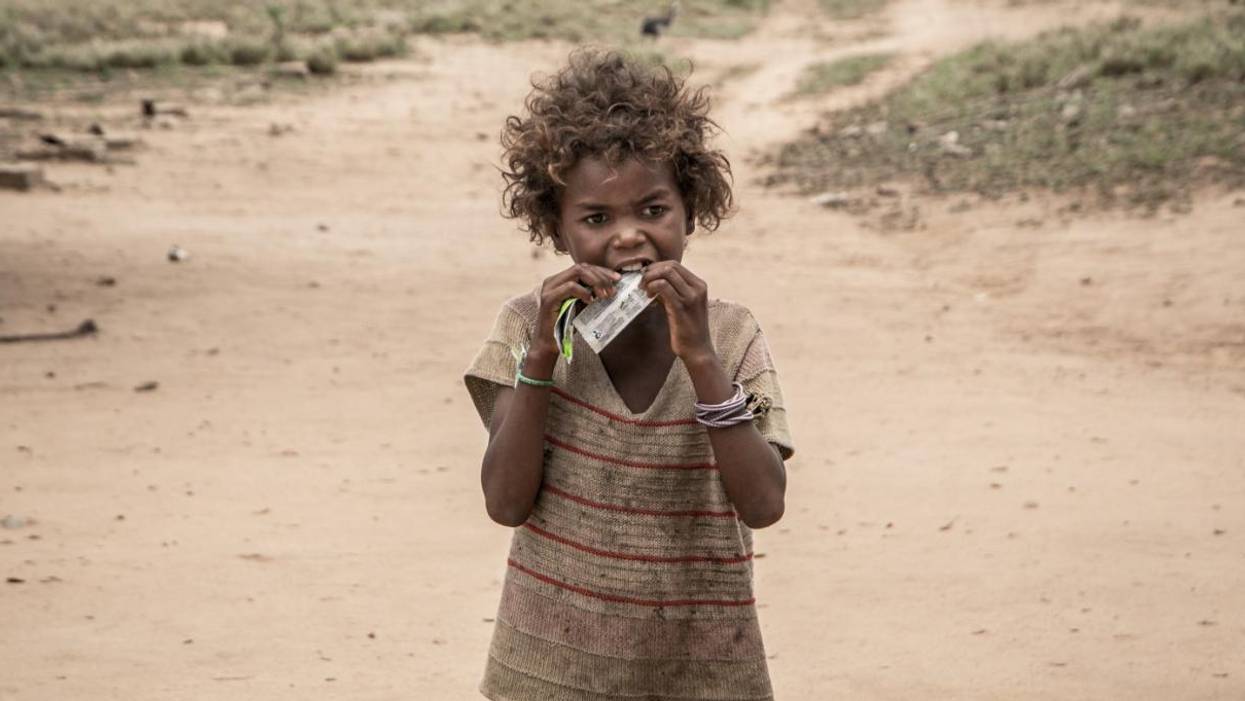UN Expert Demands Full Legal Protection for Climate Refugees
"The human rights implications of climate change displacement, in particular across international borders, are significant and truly disturbing," said the special rapporteur.
The top expert on the climate crisis at the United Nations human rights office said Tuesday that the international community must recognize that climate-related disasters including drought and sea level rise have become one the biggest drivers of displacement and ensure that the rights of people forced to leave their homes for these reasons are protected.
With 30.7 million people displaced in 2020 due to events related to weather and the climate—primarily drought, which was blamed for a famine in Madagascar and forced more than 1 million people to leave their homes in Somalia in 2021 and 2022—the global community "must realize its responsibility to protect people displaced across borders by climate change impacts," said Ian Fry, special rapporteur on human rights in the context of climate change.
Fry presented his findings about climate refugees and human rights in a thematic report to the U.N. Human Rights Council.
People who are displaced due to climate-related events are at risk of violations related to their human rights to food, water, sanitation, housing, and education, and in some cases, "their basic right to life," said Fry.
Between 2014 and 2022, more than 50,000 people died while migrating, and more than half of those deaths occurred when they were traveling to or within Europe, including people who crossed the Mediterranean Sea.
Fry presented his report less than two weeks after hundreds of refugees drowned after attempting to travel to Italy via the Mediterranean in an overcrowded fishing boat. The vessel, in which about 300 of 750 passengers were from Pakistan, capsized in front of a Greek Coast Guard ship. Greek officials are now facing questions about their response to the ship when it was in crisis.
A study of migration trends by researchers in New Zealand in 2019 found that the effects of the climate crisis, including flooding and temperature extremes, are now causing migration at a higher rate than poverty or a lack of political freedom.
"The effects of climate change are becoming more severe, and the number of people displaced across international borders is rapidly increasing," said Fry in his report.
The special rapporteur called on the Human Rights Council to submit a resolution to the U.N. General Assembly to "address displacement and legal protection for people all over the world affected by the climate crisis" by developing an optional prorocol under the 1951 Refugee Convention.
"Until then," Fry said, "I urge all nations to develop national legislation to provide humanitarian visas for persons displaced across international borders due to climate change, as an interim measure."
"The human rights implications of climate change displacement, in particular across international borders, are significant and truly disturbing," he added.


